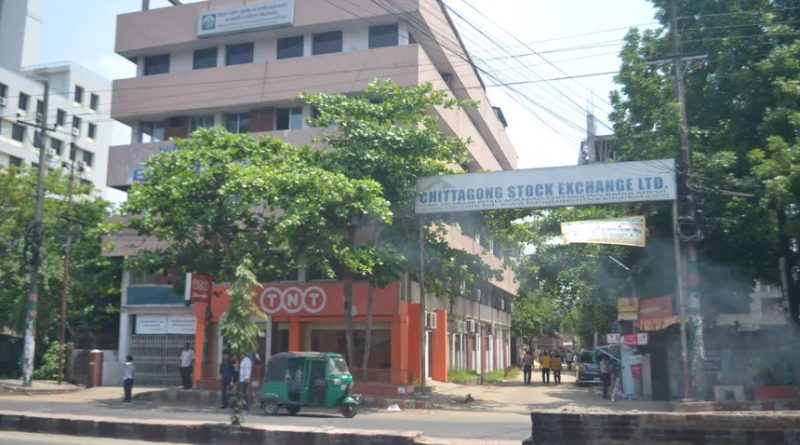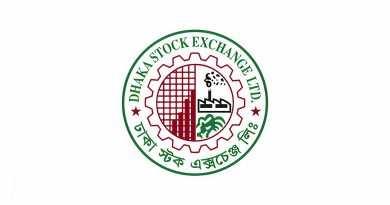In a surprising development, the market capitalisation of the Chittagong Stock Exchange (CSE) has surpassed that of the country’s main bourse—the Dhaka Stock Exchange (DSE)—despite having fewer listed companies and not necessarily higher-valued stocks.
On Monday, the CSE’s market cap stood at Tk 7,325 billion, compared to Tk 7,146 billion for the DSE, raising questions in the investment community.
This disparity is not due to more listed securities or premium stock prices on the CSE. In fact, most stocks are priced similarly across both exchanges. For example, Square Pharmaceuticals closed at Tk 230.20 per share on the DSE, and Tk 231 on the CSE. Marico Bangladesh ended at Tk 2,987.60 on the DSE, while trading slightly higher at Tk 2,990 on the CSE. Conversely, Beximco Pharma traded at Tk 116.10 on the DSE but closed at a slightly lower Tk 115 on the CSE.
Both exchanges show negligible differences in stock prices, and the DSE has more listed companies—370 compared to CSE’s 331.
So what explains the CSE’s higher market capitalisation?
The answer lies in the methodology used. The CSE includes the Alternative Trading Board (ATB) and the SME board in its total market cap calculation, while the DSE calculates and displays the market capitalisation of each board separately, focusing mainly on the main board.
Md. Ashequr Rahman, Managing Director of Midway Securities, noted, “The best practice is to report market caps separately for each board. Investors usually focus on the main board.”
CSE Managing Director M Shafiur Rahman Maumdar, however, defended their approach: “Market capitalisation generally includes all listed securities, regardless of the board. Some global exchanges even calculate debt securities separately. But it’s also valid to include all securities in one figure.”
DSE officials, meanwhile, maintain that segregating market caps by board is more transparent and helpful for investors.
Excluding debt securities drastically alters the figures. Without debt instruments, DSE’s market cap would shrink to Tk 3,692 billion, dropping its market-cap-to-GDP ratio to just 6.55%.
Analysts say that low participation from quality private firms and subdued investor sentiment have kept the capital market underdeveloped. According to the latest data, Bangladesh has 3,768 public limited companies and over 220,000 private firms registered with the Registrar of Joint Stock Companies. Yet, only 370 companies are listed on the DSE—more than seven decades after its founding.






